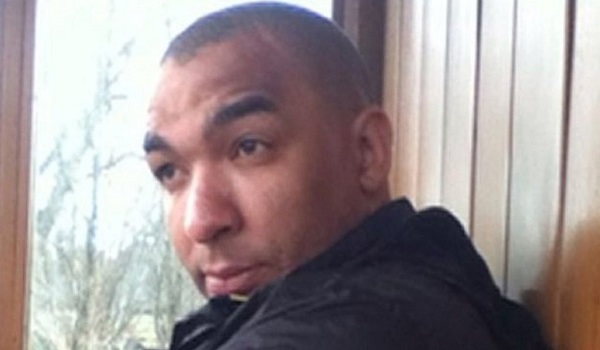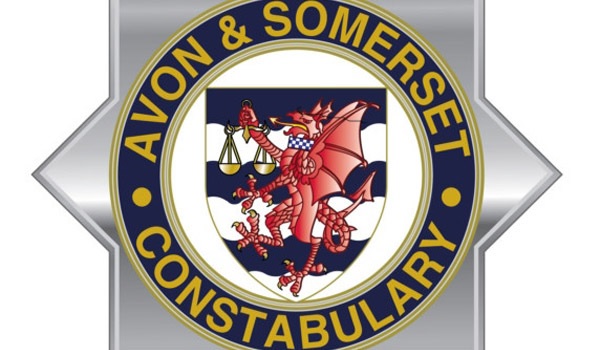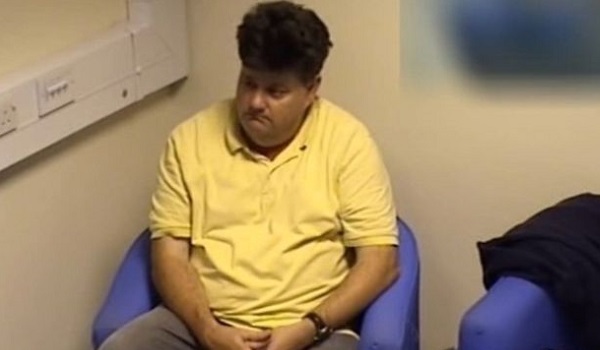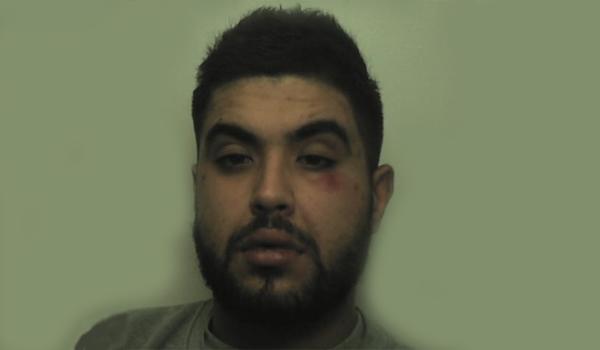Coroner set to issue report over man who died after police restraint
A coroner is set to issue a prevention of future deaths report after an inquest jury found the death of a mixed-race man was partly caused by the way police officers restrained him.
In March, the jury in the case of Leon Briggs – who was attended to by police and ambulance services after taking drugs and was suffering a mental health crisis – indicated he was let down by these services and his death in 2013 was “contributed to by neglect”.
Emma Whitting, the senior coroner for Bedfordshire and Luton, intends to issue a report regarding concerns about the adequacy of the local policy on the removal of mentally disordered people and the monitoring of detainees who have been restrained. She has written to the interested parties in the case about the move.
Mr Briggs, 39, a father-of-two, died in hospital after Bedfordshire Police officers detained him under Section 136 of the Mental Health Act at the junction of Marsh Road and Willow Way at about 2pm on November 4 2013.
Police detained him using handcuffs and leg restraints. He died around two hours later at Luton and Dunstable University Hospital of “amphetamine intoxication in association with prone restraint and prolonged struggling”, with a secondary cause of heart disease, the coroner told the court.
Section 136 allows police to remove a person of concern from a public place and hold them in a safe place.
Changes are being sought to the Mental Health Act, including updating section 136 to remove police stations as a designated place of safety by 2023/24.
In the letter, the coroner said the local section 136 policy appears unclear and difficult to follow.
The inquest jury said Mr Briggs was let down and the coroner is seeking ways to address this. There are also calls for the close monitoring of a detainee who has been restrained to be guaranteed in all cases, as even relatively basic first aid could have made a significant difference to the outcome in Mr Briggs’ case.
The coroner said: “Since the jury found there were specific failures by the custody team in this case, consideration should perhaps be given to having additional monitoring in respect of such detainees outside of the custody team.”
After the inquest Mr Briggs’ mother Margaret said the fact the jury’s conclusion fell short of a verdict of unlawful killing had “not brought the closure we wanted”.
She said her family, who have now seen detailed video and audio evidence, were “truly shocked by the brutality of the treatment of Leon and by how he suffered in the last hour of his life”.
After the inquest Bedfordshire Police Deputy Chief Constable Trevor Rodenhurst said the family had had to wait “far too long” to hear the facts surrounding Mr Briggs’ death.
He said: “The jury has today identified a number of significant failings by the police which contributed to the death of Mr Briggs and for this we are truly sorry.”
Emma Carter of Bedfordshire Police Federation disagreed with the jury’s verdict, saying the police restraint was “in accordance with their training”.
The inquest jury found the force and technique used by officers in restraining Mr Briggs face down on the pavement before taking him into custody “more than minimally contributed to his death”.
The jury also found that although officers did “reasonably believe” it was appropriate to use force to restrain Mr Briggs while he was suffering a psychotic episode and had taken amphetamines, “inappropriate weight” was used against him “at times”.
Officers’ failure to recognise that Mr Briggs was in a state of medical emergency, and failure to monitor him in the police van and cell, also contributed to his death, the jury said.
Paramedics from East of England Ambulance Service NHS Trust, who attended calls to Marsh Road where Mr Briggs was restrained, had admitted before the inquest the failure to check Mr Briggs’ vital signs or take him to hospital in an ambulance for medical treatment.
The inquest also found that his heart disease and mental health crisis also contributed to his death.







